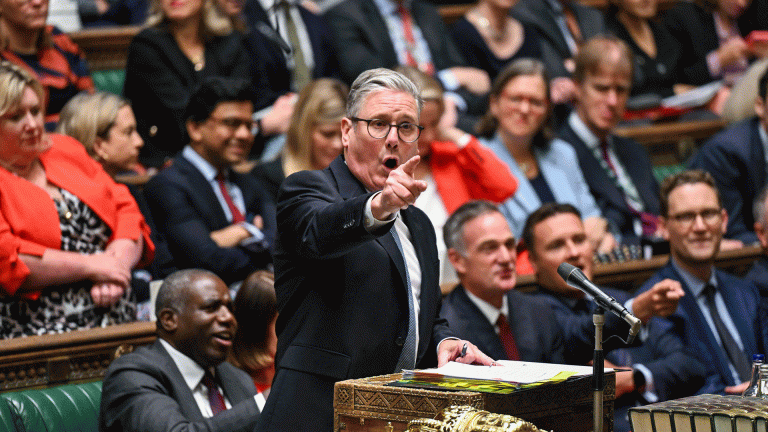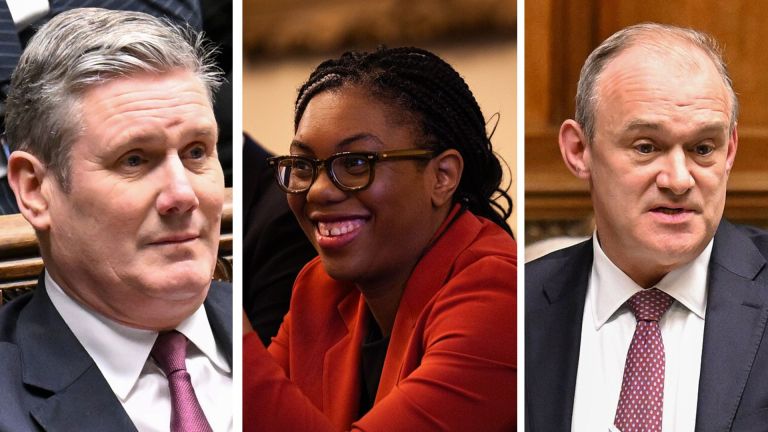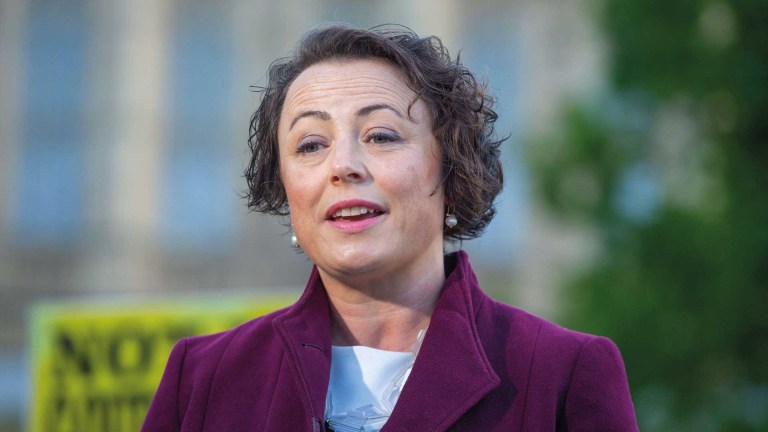The general election campaign may be young, but there are already strong indications as to what politicians will focus on. Rishi Sunak’s rain-drenched speech played on security, protection and global factors like Covid and Ukraine. In return, Keir Starmer emphasised the need for change. Both may be weakening their hand by ignoring a crucial factor: poverty.
Poverty makes people less likely to vote, with low-income voters the least likely to turn out at the ballot box. At the same time, they are also the most open to switching sides. Taken together, experts say there is an “untapped pool of support”.
The numbers are stark. The UK has not seen a fall in poverty in 20 years, and destitution has increased by 148% since 2019. The end of the pandemic has seen an uptick in the UK’s income inequality, as measured by the Gini coefficient, and the Resolution Foundation has predicted a bigger increase in inequality thanks to falling incomes for the poorest households as a result of the cost of living crisis.
Yet neither main party looks set to make this the heart of their agenda – a stark contrast to 2019, when Boris Johnson’s levelling up promises represented an appeal to voters on the sharp end of deep regional inequalities. It delivered an 80-seat majority.
This time around, however, that electoral coalition is unlikely to hold, predicts Oliver Heath, professor of politics at Royal Holloway, University of London.
“I can’t see Sunak making it a big electoral priority. It’s probably quite likely they’re going to pivot away from Johnson’s strategy of trying to appeal to that demographic. Starmer is probably being too cautious to make it a central issue. He’ll present a very big tent, centrist, non-scary version of the party, that isn’t going to be too radical or promise too much by way of redistribution of taxes,” said Heath.










